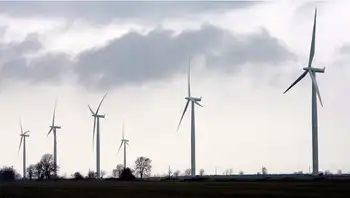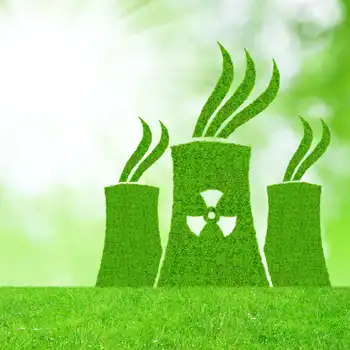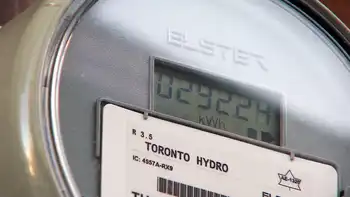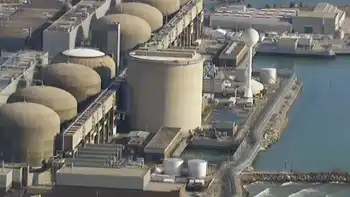Shoots sprout in CanadaÂ’s green sector
In recent weeks, companies ranging from water treatment firm GLV Inc to green building products maker Genesis Worldwide Inc have raised millions of dollars in share and debenture offerings.
Geothermal firm Magma Energy Corp just raised $100 million (US$87 million) in a warmly received initial public offering and electric car maker Zenn Motor Co Inc has filed a preliminary, unpriced prospectus to sell shares.
"It's the first green shoots appearing in the green energy area," said Duncan Stewart, analyst at DSAM Consulting.
"If you compare buying a cleantech stock to a computer, (investors) put it in a sleep mode. Now that they've turned the market back on, the first thing that pops up on their screen is: Note to self - Go buy some cleantech stocks."
The activity marks a thaw from the investment freeze that slammed cleantech firms — which sell technology that boosts productivity while cutting costs and energy consumption — particularly hard when the credit crisis took hold.
Two months into 2009, for example, cleantech companies listed on the Toronto Stock Exchange and TSX Venture Exchange had raised just $4.7 million in financing deals.
That grew to $125 million by the end of April and then jumped another 22 percent to $152.6 million at the end of May, according to the latest TSX data.
As of May 31, four such companies had completed public offerings in 2009, bringing sector listings to 117 on the Toronto exchanges.
There are more IPOs and financing deals to come after the sector bottomed out in the first quarter, said John McIlveen, research director at Jacob & Co Securities Inc, an investment bank that specializes in renewable energy.
"Most of the companies, for the past year, have had their stocks so depressed... no one wanted to even issue shares at that level. There was too much dilution," McIlveen said.
"The companies themselves put everything on hold because it was so expensive to issue equity. So now that stocks are rising again, and things are getting closer to their fundamental value, we'll probably see more issuers willing to go to market. And I think there is an appetite."
Legend Power Systems Inc hopes McIlveen is right.
Not long after Gerry Gill's Vancouver-based electrical energy conservation company went public last summer, markets collapsed and his efforts to drum up cash fell flat.
Now, Gill believes the time is right to raise $10 million in a private placement as environmental issues gain prominence and investors return to the green sector.
After seven and a half years of research and development, his company wants to push into incentive-rich markets in Canada and the United States.
"Even at this stage, it may be a bit dilutive. However, the opportunities are there," said Gill, the company's chief executive. "It's a little more work today than it has been in the past. I think we just have to put our nose to it, and get it done."
Legend Power believes there is a $100 billion opportunity in North America for its technology, which adjusts and optimizes the voltage between an electrical utility and a commercial customer to save energy.
Market watchers say the current wave of financing deals, which is good for both the industry and investors, will likely gather steam.
"It's not too late to be looking at many of these cleantech stocks," said Stewart. "Many of them are up 50 to 100 percent from their lows, but they're still down 80 or 90 percent off their highs."
But investors need to stay nimble, alert to plunging oil prices or sharp market declines that could scorch the green sector resurrection.
"It's incredibly fragile. It could go away in less than 24 hours," Stewart said.
Related News

Cancelling Ontario's wind project could cost over $100M, company warns
TORONTO - Cancelling an eastern Ontario green energy project that has been under development for nearly a decade could cost more than $100 million, the president of the company said Wednesday, warning that the dispute could be headed to the courts.
Ontario's governing Progressive Conservatives said this week that one of their first priorities during the legislature's summer sitting would be to cancel the contract for the White Pines Project in Prince Edward County.
Ian MacRae, president of WPD Canada, the company behind the project, said he was stunned by the news given that the project is weeks away from completion.
"What our…




